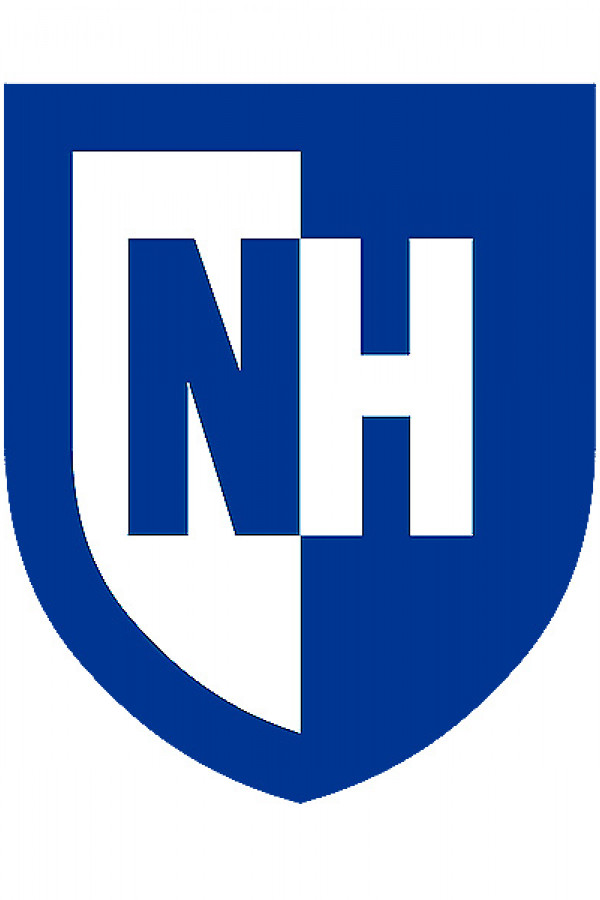Enhanced Care Coordination
In this program participants will learn about best practices for child, youth, and family care coordination, particularly in the context of family substance misuse and trauma.
Enhanced Care Coordination will provide didactic instruction, hands-on tools, and opportunities to practice skills in using graphic facilitation and other motivational interviewing techniques, person-centered planning, trauma-focused relationship building, in-home and in-community best practices for behavior support, adolescent futures planning, and cultural and linguistic competencies and equity.
Program objectives include:
- Use multiple techniques to engage and assess child, youth, and family needs including risk assessment
- Demonstrate cultural humility and understand structural inequity and implicit bias
- Work effectively with natural family support networks and peer supporters
- Participate as an effective member of and facilitate interdisciplinary child and family teams
- Use trauma-sensitive techniques such as Trust Based Relational Intervention
- Partner with the family to design and provide effective in-home family supports
- Apply in-depth knowledge of how to support youth and family members with substance use disorders and those in recovery
- Negotiate on behalf of child, youth, and family and advocate for systems change
- Understand and address the unique developmental needs young children, children with special healthcare needs, children with learning or developmental challenges, and children with emotional or behavioral challenges
- Understand and address the needs of transition age youth and provide developmentally appropriate, individualized planning and support to foster greater independence and resilience
- Identify research-based interventions for engaging and supporting children and youth with emotional behavioral challenges and their family members
- Practice self-care strategies
Program content will be online in a self-paced, asynchronous format. Course materials will include a vast array of articles, rich-media, handouts, discussion activities, didactic lecture notes, presentations, assessments, and field relevant resources.
Patty Cotton, M.Ed, will serve as a guest lecturer during Enhanced Care Coordination. She is an expert facilitator that will teach participants how graphically depicting structured conversations with clients can enhance understanding, increase collaboration, and produce high-quality, person-centered plans.
You might also be interested in: Child and Family Systems: The Impact of Trauma and Substance Misuse
The course structure for Enhanced Care Coordination is as follows:
- Week 1: Introduction to Enhanced Care Coordination.
- Week 2: The Basics: Engagement, Listening, Surfacing Strengths
- Week 3: Graphic Facilitation : Making the Implicit Explicit
- Week 4: Trust Based Relational Intervention
- Week 5: Positive Behavior Support
- Week 6: Cultural and Linguistic Competency and Cultural Activation
- Week 7: Working with transition Age Youth
- Week 8: Being a Member of a Team and Pulling it all Together


